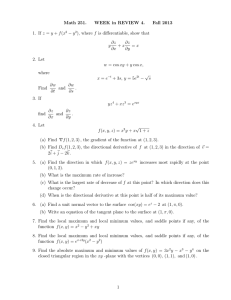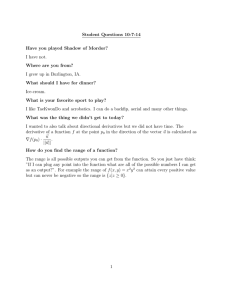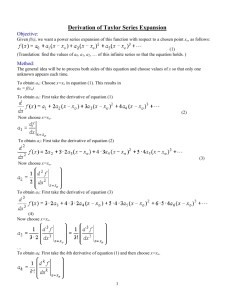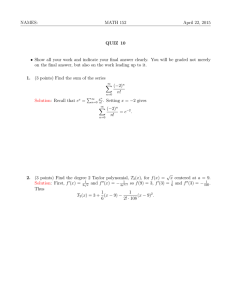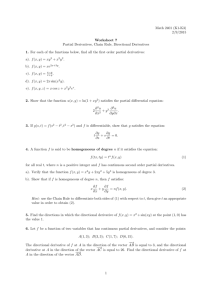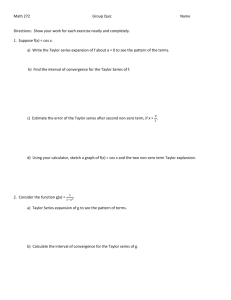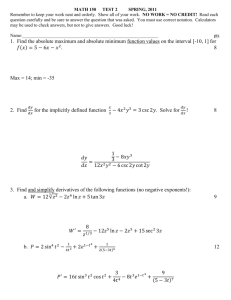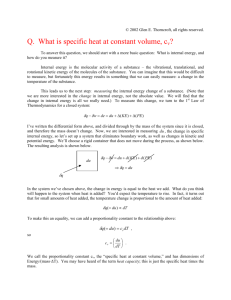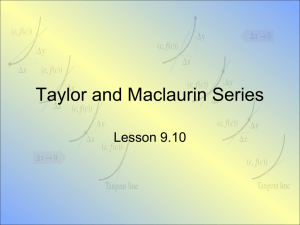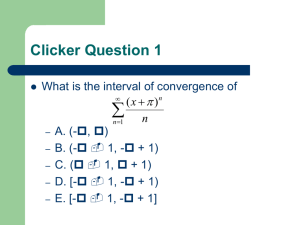Math 105: Weekly Planner: March 8, 2010 to March 12, 2010
advertisement
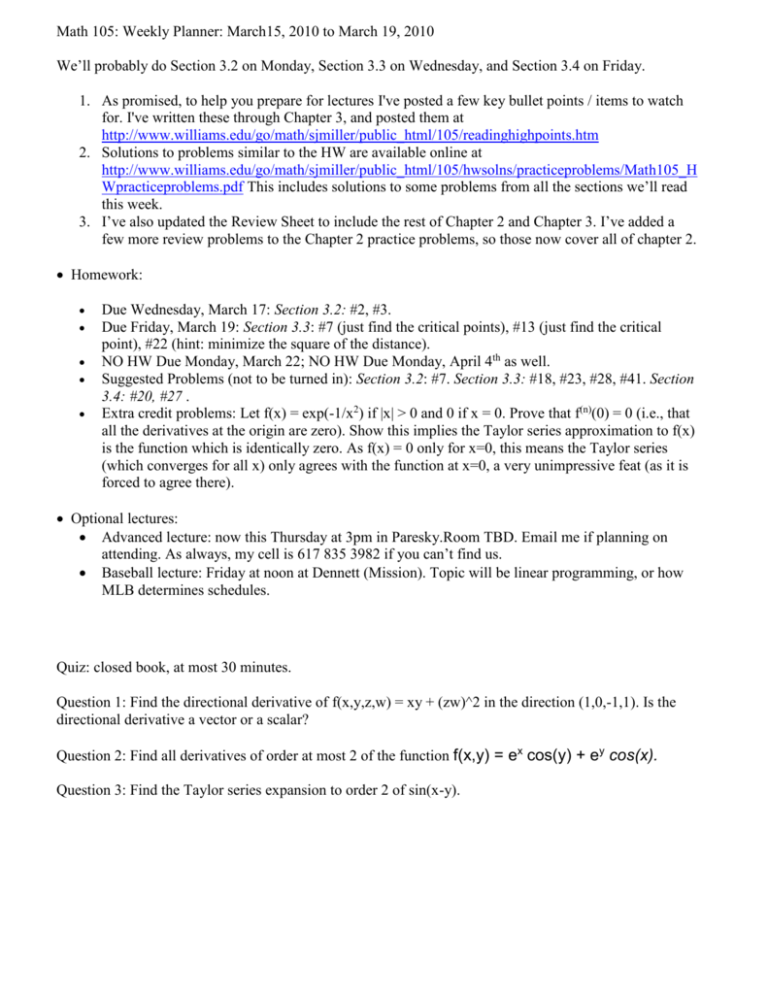
Math 105: Weekly Planner: March15, 2010 to March 19, 2010 We’ll probably do Section 3.2 on Monday, Section 3.3 on Wednesday, and Section 3.4 on Friday. 1. As promised, to help you prepare for lectures I've posted a few key bullet points / items to watch for. I've written these through Chapter 3, and posted them at http://www.williams.edu/go/math/sjmiller/public_html/105/readinghighpoints.htm 2. Solutions to problems similar to the HW are available online at http://www.williams.edu/go/math/sjmiller/public_html/105/hwsolns/practiceproblems/Math105_H Wpracticeproblems.pdf This includes solutions to some problems from all the sections we’ll read this week. 3. I’ve also updated the Review Sheet to include the rest of Chapter 2 and Chapter 3. I’ve added a few more review problems to the Chapter 2 practice problems, so those now cover all of chapter 2. Homework: Due Wednesday, March 17: Section 3.2: #2, #3. Due Friday, March 19: Section 3.3: #7 (just find the critical points), #13 (just find the critical point), #22 (hint: minimize the square of the distance). NO HW Due Monday, March 22; NO HW Due Monday, April 4th as well. Suggested Problems (not to be turned in): Section 3.2: #7. Section 3.3: #18, #23, #28, #41. Section 3.4: #20, #27 . Extra credit problems: Let f(x) = exp(-1/x2) if |x| > 0 and 0 if x = 0. Prove that f(n)(0) = 0 (i.e., that all the derivatives at the origin are zero). Show this implies the Taylor series approximation to f(x) is the function which is identically zero. As f(x) = 0 only for x=0, this means the Taylor series (which converges for all x) only agrees with the function at x=0, a very unimpressive feat (as it is forced to agree there). Optional lectures: Advanced lecture: now this Thursday at 3pm in Paresky.Room TBD. Email me if planning on attending. As always, my cell is 617 835 3982 if you can’t find us. Baseball lecture: Friday at noon at Dennett (Mission). Topic will be linear programming, or how MLB determines schedules. Quiz: closed book, at most 30 minutes. Question 1: Find the directional derivative of f(x,y,z,w) = xy + (zw)^2 in the direction (1,0,-1,1). Is the directional derivative a vector or a scalar? Question 2: Find all derivatives of order at most 2 of the function f(x,y) = ex cos(y) + ey cos(x). Question 3: Find the Taylor series expansion to order 2 of sin(x-y).
